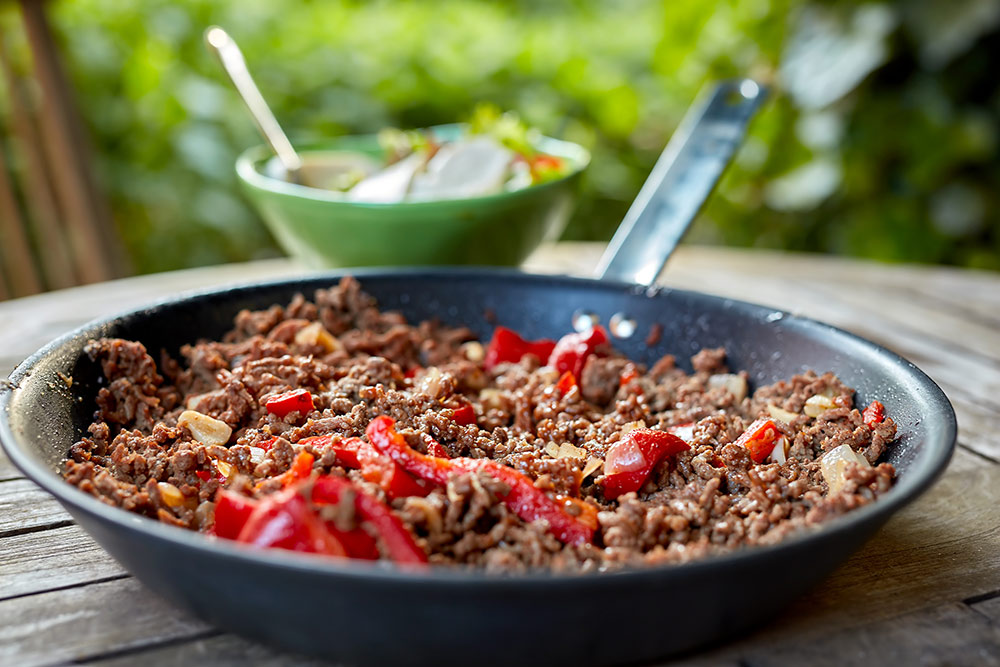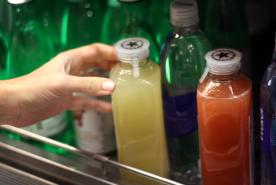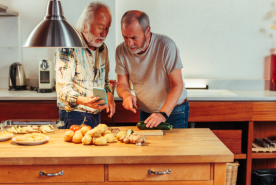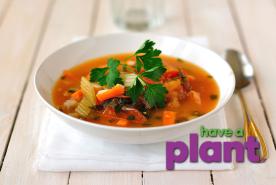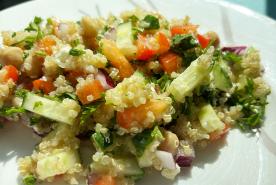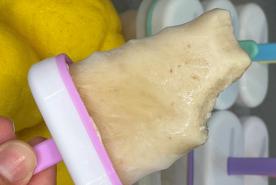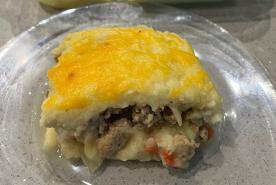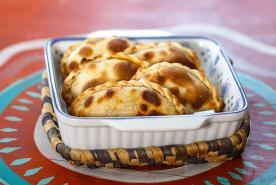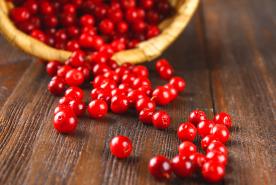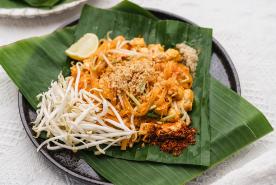Last Updated: July 05, 2024
Medically reviewed by NKF Patient Education Team
Introduction
Making healthy food choices is important to us all, but it is even more important if you have chronic kidney disease (CKD). Good nutrition gives you energy to do your daily tasks, prevent infection, build muscle, help maintain a healthy weight— and it may keep your kidney disease from getting worse.
Your kidneys help keep the right balance of nutrients and minerals in your body. But if you have kidney disease, your kidneys may not do this job very well. There are five key nutrients you may need to control: Protein, Sodium, Fluid, Potassium, and Phosphorus. Additional handouts will give you more information about each of the key nutrients. Eating the right amount of each of these can help control the buildup of waste and fluid in your blood.
Let’s see how protein fits into the kidney diet.
How much protein should I have?
For people with early kidney disease who are well nourished, not eating an excess amount of protein may help to:
- Prevent wastes from building up in blood
- Keep kidneys working longer
The type of protein matters because protein from plants, such as nuts and beans, may be better for your kidneys than proteins from animals, such as red meat and dairy. Talk to a dietitian for specifics that apply to your kidney health and food preferences.
For people on dialysis eating more protein will help:
- Replace protein lost during dialysis
- Prevent malnutrition
Use your hand as a guide to help with a serving size of protein. The palm of your hand is about three ounces. The size of your thumb is about one ounce. Ask your doctor about meeting with a registered dietitian with special training in kidney disease to help you manage your protein intake.
Recipe: Beef Picadillo
Beef Picadillo is a tasty Caribbean dish rich in protein, perfect for patients with kidney disease. Made with lean ground beef, onion, red and green bell peppers, garlic, olive oil, cumin, oregano, turmeric, and apple cider vinegar. This meal provides a good amount of protein while keeping potassium and sodium levels in check. Garnish with fresh cilantro if desired.
